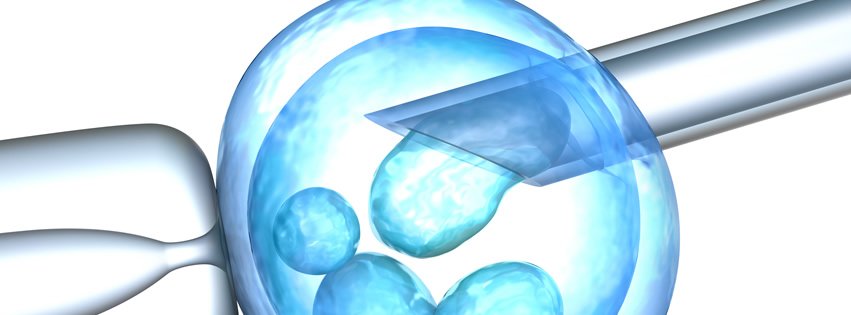
PRE IMPLANTATION GENETIC DIAGNOSIS
Preimplantation genetic diagnosis (PGD) is a genetic testing technique used during IVF treatment to examine embryonic cells’ genetic characteristics. It aids in selecting the best embryo for pregnancy by determining if the embryo has abnormalities, especially when both parents are aware of them. PGD helps parents make informed decisions about embryo selection, reducing the risk of genetic disorders passing on to their children.
To whom should the preimplantation genetic diagnosis be performed?
Pre-implantation genetic diagnosis (PGD) is recommended when a couple is at risk of passing a genetic abnormality to their child. Only healthy and normal embryos are transferred to the mother’s womb, thus reducing the risk of genetic abnormalities and late pregnancy (after a positive pregnancy test).PGD should be performed for 3 Main Diseases:
(1) Sex-linked diseases (2) Single genetic diseases (3) Chromosomal diseases. With the PGD test, doctors can determine which embryos have a genetic disease and which do not. With this test, doctors can transfer the best embryos into the uterus to try to get pregnant.When is PGT Performed in In Vitro Fertilization Treatment?
Five or six days after embryo transfer, all embryos produced are biopsied in PGD. Detection of abnormal genetic material in embryonic cells. After identifying various markers in the embryo being tested, the medical and genetics team will decide on the best embryo to use for implantation. Here are the key steps and aspects of (PRE-IMPLANTATION GENETIC DIAGNOSIS) PGD:- IVF Procedure: PGD is typically performed in conjunction with IVF.
- Embryo Development: The fertilized eggs (embryos) are allowed to develop for a few days until they reach the blastocyst stage, which consists of about 100 cells.
- Biopsy: A small number of cells are removed from each embryo, usually on the fifth or sixth day of development.
- Genetic Analysis: The biopsied cells are then subjected to genetic analysis.
- Embryo Selection: Based on the genetic analysis results, embryos are categorized as either suitable for implantation or not.
- Implantation: The selected, genetically normal embryos are then transferred into the uterus of the female partner. This is done in the hope of achieving a successful pregnancy.
What is pre-implantation genetic diagnosis?
Pre-implantation genetic diagnosis (PGD) is a genetic diagnosis used in conjunction with IVF cycles to ensure successful pregnancy and birth. PGDWho should consider PGD?
PGD is a test used in IVF cycles, particularly beneficial for couples at high risk for chromosomal abnormalities or certain diseases. It can detect embryos with the same chromosomal material, identify affected, unaffected, or diseased embryos, and transfer infection-free ones to the uterus for pregnancy, also known as PGT-A (Aneuploidy) or PGT-SR (Structural Rearrangement).What are the PGD steps in the IVF cycle?
Embryos grow in the lab for five to six days, then undergo a PGD biopsy to remove cells from the trophoectoderm. The extracted cells are examined for abnormalities. Genetic counsellors discuss results with couples, planning FET cycles based on medical and genetics team recommendations.Are embryo biopsy and PGD safe?
PGD does not increase birth rates compared to the general population, and clinical analysis of children born after PGD showed no effect on brain growth or development in the first year. Removing trophectoderm cells from early embryos does not alter embryo development.How to select embryos for transplantation?
FET cycles transfer normal embryos with normal morphology. PGD results determine the best transfer for pregnancy. Genetic testing indicates a high chance of pregnancy when combined with normal results. Decisions are made by the couple and the medical team.PGD is used for various purposes:
- Family Balancing: PGD can be used to select the gender of the embryo for non-medical reasons, such as family balancing.
- Screening for Chromosomal Abnormalities: PGD can screen for chromosomal abnormalities, like Down syndrome.
- Increasing IVF Success Rates: By selecting genetically normal embryos, PGD can improve the chances of a successful pregnancy in IVF.
- Amyotrophic lateral sclerosis
- Muscular dystrophy
- Beta thalassemia
- Cystic fibrosis
- Haemophilia
- Prostate Cancer
- Diagnosis
WHY CHOOSE US
